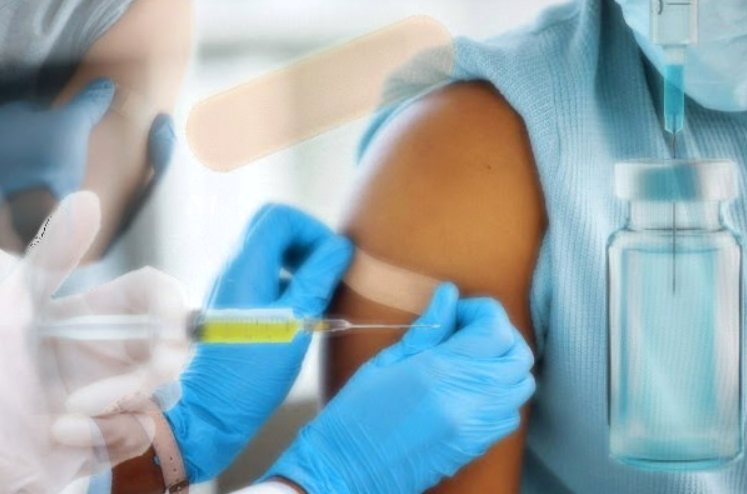COVID-19 Booster Vaccines: Here We Go Again!
November 30, 2021
The era of “Don’t touch my arm, I just got my shot”, “Pfizer or Moderna?”, and “Oh my god, do I have a fever?” may seem like a long-forgotten memory for those who received their first COVID-19 vaccines earlier this year, but the time has come once again to roll up our sleeves and get ready for trips to our local pharmacies, because a new scramble for vaccines may lay ahead. This potential frenzy comes in the form of… the COVID-19 booster vaccination. Dun dun dun!
In actuality, the booster vaccination is not as scary as it may sound, and most people will not be affected by it just yet. According to the Centers for Disease Control and Prevention (CDC), only 5.8% of the United States’ fully vaccinated population—10.9 million people—have received their booster dose [1]. As of September 24, 2021, following CDC Director Rochelle Walensky’s endorsement of the COVID-19 booster vaccination, all adults who have had their second shot for at least six months are eligible for this third dose [2]. However, it is strongly suggested that only individuals who are recommended to receive the third dose should sign up to receive it. Specifically, the CDC recommends that individuals aged 65 years and older, as well as adults who are in long-term care, have underlying medical conditions, or work/live in high-risk settings [3] receive this third COVID-19 vaccine administration.
The rationale behind booster vaccinations is the increasing rate of infection and hospitalization for individuals over the age of 65 as time elapses between their second vaccine dosage and the current day. Perhaps equally as important of a reason behind booster vaccinations is the spread of coronavirus variants (namely, the Delta variant), which adults hope to glean extra protection from [4].
Overall, the booster dose acts as a precautionary measure for older individuals who are at increased risk of harmful COVID-19 infections. It is unknown at this point whether or not the CDC will expand the recommended pool of booster vaccine recipients, but it is definitely a possibility as time progresses and new variants are discovered. So while the younger generation may not be a part of the resurgence of vaccine frenzy just yet, the world and its medical developments move fast, and we have to keep up with it.
[1] https://covid.cdc.gov/covid-data-tracker/#vaccinations_vacc-people-onedose-pop-12yr
[2] https://www.cdc.gov/media/releases/2021/p0924-booster-recommendations-.html
[3] https://www.cdc.gov/coronavirus/2019-ncov/vaccines/booster-shot.html
[4] https://www.cdc.gov/vaccines/acip/meetings/downloads/slides-2021-9-23/03-COVID-Oliver.pdf

